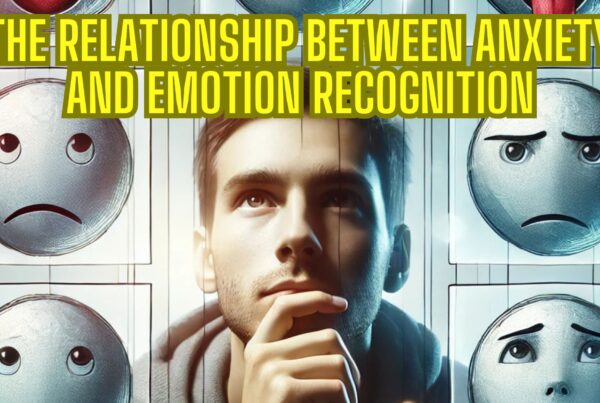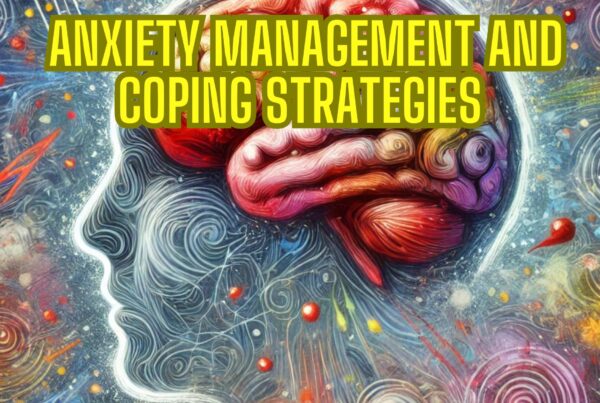Understanding Anxiety Disorders in Australia: Beyond Depression
The Australian Perspective on Mental Health
In the vast landscape of mental health, Australians have made significant strides in understanding depression. The symptoms are recognized, and the value of professional help is widely acknowledged. However, when it comes to anxiety disorders, there seems to be a gap in comprehension.
The Underestimated Prevalence of Anxiety
While depression has found its place in the public discourse, anxiety disorders remain somewhat overshadowed. Yet, around 15% of Australians grapple with an anxiety disorder annually. This encompasses a range of conditions, from generalized anxiety disorder and post-traumatic stress disorder (PTSD) to social phobia, panic disorder, and obsessive-compulsive disorder.
Given a description of someone with depression, a significant majority of Australians can identify the condition. In contrast, when presented with PTSD or social phobia, the recognition rates drop dramatically.
The Fine Line Between Everyday Worry and Disorder
Anxiety is a universal emotion. It’s a natural response to potential threats, acting as a protective mechanism. Whether it’s the anticipation before a significant event or the adrenaline rush during a challenging situation, anxiety plays a role in our survival. However, when this emotion becomes overwhelming, persistent, and starts interfering with daily life, it transitions into an anxiety disorder.
The challenge lies in distinguishing between everyday anxiety and a clinical disorder. They exist on a continuum, akin to how obesity represents the extreme end of body size or hypertension signifies high blood pressure.
Misconceptions and Stigmas
One of the hurdles in understanding anxiety disorders is the misconception that they stem from a “weakness of character.” Almost half of Australians perceive severe social anxiety as a result of personal weakness. Yet, the reality of living with an anxiety disorder can be likened to constantly feeling under threat, even when no real danger exists.
The physical symptoms accompanying extreme anxiety—ranging from a racing heart and chest pain to sensations of choking—can be profoundly distressing. For those experiencing a panic attack, it might even feel like a life-threatening situation.
Treatment Avenues for Anxiety Disorders
Fortunately, various treatments can effectively address different anxiety disorders. Cognitive behavior therapy (CBT) stands out as a particularly effective approach. It involves identifying and challenging negative thought patterns and behaviors that contribute to anxiety. Through CBT, individuals can learn strategies to manage their anxiety and improve their overall well-being.
Moreover, treatments aren’t limited to face-to-face sessions with therapists. Online platforms offer resources and therapies that have proven to be just as effective as traditional methods.
The Need for Greater Awareness
Despite the availability of effective treatments, a significant number of Australians with anxiety disorders don’t seek help. Many wait for years before reaching out, and when they do, they might not receive the most suitable treatment.
The primary barrier? A lack of knowledge about anxiety disorders and available treatments. Concerns about being perceived as weak or facing societal judgment also deter individuals from seeking help.
For those concerned about a loved one potentially suffering from an anxiety disorder, it’s crucial to offer support without judgment. Encouraging professional help can be the first step towards recovery.
This article was inspired by an article originally published on The Conversation. Read the original article.
Release Hypnosis Melbourne Hypnotherapy
Since 2015, Lawrence Akers has been working under the name Release Hypnosis offering Hypnotherapy and ACT based work to the people of Melbourne or an online service. Based on St Kilda Rd, Release Hypnosis is an easy and convenient location to get to and accessible by the ANZAC station train and tram stop. Release Hypnosis can help with a wide range of presenting issues, and I offer a free 30 minute no obligation discovery call for those who are unsure if hypnotherapy is the right way forward for them.
Book Your FREE 30 Minute Consultation With Release Hypnosis NOW!
You may also like to read:
The Benefits of Mindfulness
‘I Can’ Vs ‘I Can’t’: Stuck In The Problem And Unable To Change
Goodbye 2016: The Year of Change
Why Bother? It’s Going To Be Crap Anyway.








